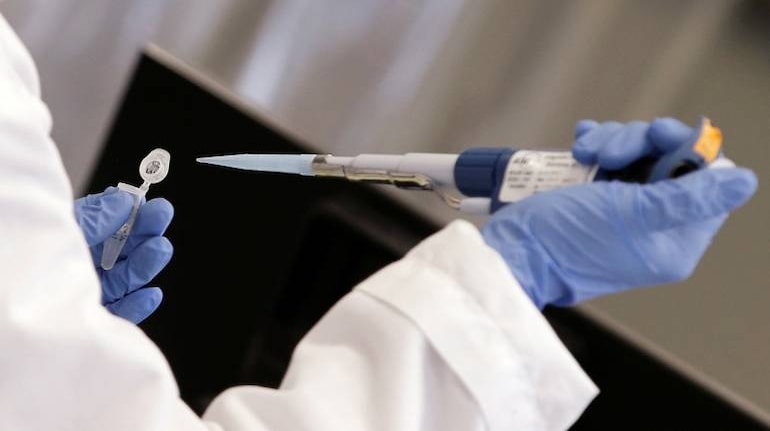



As COVID-19 spread havoc across the world, it seemed that the pandemic would cause insurmountable damage to India’s health infrastructure, and economy. However, India has done reasonably well, with the tools of testing and tracing playing a critical role in this response.
With no confirmed therapeutics, it was clear quite early in the pandemic that efficacious vaccines against COVID-19 will play a major role in controlling the virus. It is remarkable, and unprecedented that within a year vaccines against COVID-19 have not only been developed scientifically, but are actually being rolled out for immunisation.
India has one of the most remarkable universal immunisation programmes in the world, with high coverage and availability of cost-effective vaccines. Hence, when COVID-19 vaccines become available in India, with correct scientific information, along with clear and coherent policies for the vaccine, high level of acceptance of the vaccines can be easily expected in India. However, it is highly recommended that while the vaccines be rolled out, testing and tracing remains as high a priority as before.
It is likely then many vaccines will be available in the next few months.
The United Kingdom became the first country in the west to give emergency use approval for the Pfizer vaccine (m-RNA based) and followed by the United States on December 11. Other countries including Canada, the United Arab Emirates and Bahrain have followed suit.
Needless to say, many other countries, including India, will soon provide these approvals, after following all the regulatory requirements. The vaccines developed by Moderna and Astra Zeneca are most likely to be the next two vaccine candidates that will be ready for approval. Additionally, two more vaccines, one each from Russia and China, have also been approved in other countries.
It is more than likely that within a short time of a few months there will be several vaccines that will be manufactured and made available in different parts of the world.
All these vaccines are given by the intramuscular route, requiring two doses with a gap of 28 days, except for the Sputnik V vaccine, which needs a gap of 21 days. It will be necessary to have close monitoring and surveillance and keep track of the vaccines, and people who are vaccinated. This follow-up will be very necessary to finally understand safety, efficacy and long term effects, if any, much more clearly — as this is a new virus and a new vaccine. Digital technology will play a critical role in this, combined with continued focus on testing and tracing.
The other question of how long the immunity generated by vaccines will last also remains unanswered. Will those vaccinated now need another round of vaccination after few months, if the acquired immunity fades away? However, these questions and concerns can only be addressed after a large population is vaccinated, and carefully monitored for efficacy, side effects and adverse events. Hence, it is necessary that all other methods of masking, isolation, social distancing, hand washing and testing and tracing continue.
It is also necessary that we do not drop our guard because vaccines may become available sometime soon. It should be remembered that even if vaccines will start rolling out in India in the next couple of months, it will be a long time before a large percentage of the population (70-75 percent) receives these vaccine for the creation of herd immunity.
It is almost certain that the whole of 2021 will go in manufacturing, transporting from manufacturing sites, distribution, and the actual act of vaccine delivery. Until then, all other measures such as testing and tracing, and measures of fighting the virus should continue with even more vigour than before.
Arrival of vaccines has been a great news and triumph of science, but this alone should not result in any false sense of security. More so, because given the complexity and magnitude of the task, it will be quite a while before a sizeable part of population in different countries will be vaccinated. Consequently, enhancing capabilities of testing at a large scale and isolating people remains as important, and perhaps even more than ever before. Humans will win this war against the virus, but this war is likely to go on for longer than anybody has imagined.
Discover the latest Business News, Sensex, and Nifty updates. Obtain Personal Finance insights, tax queries, and expert opinions on Moneycontrol or download the Moneycontrol App to stay updated!